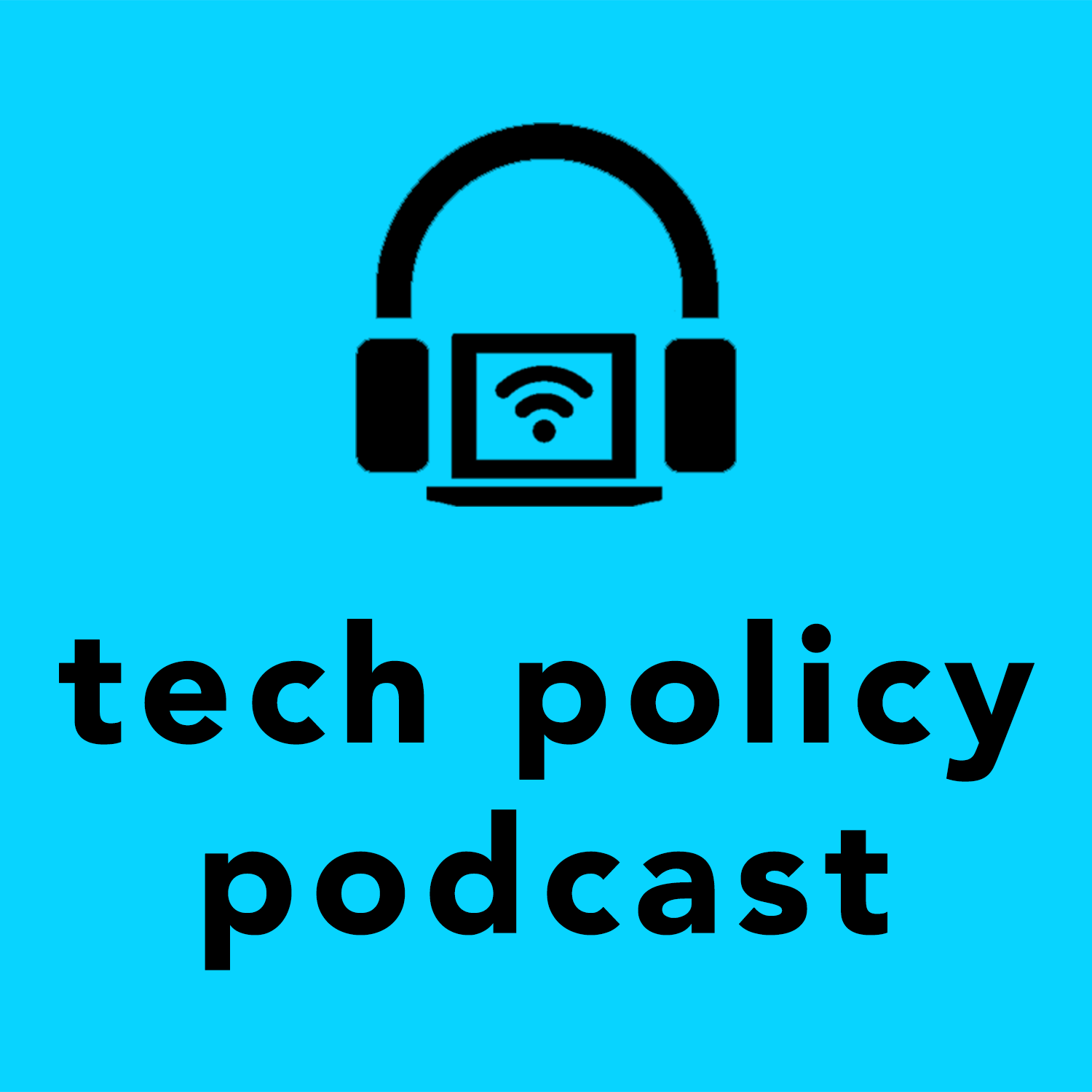Episodes
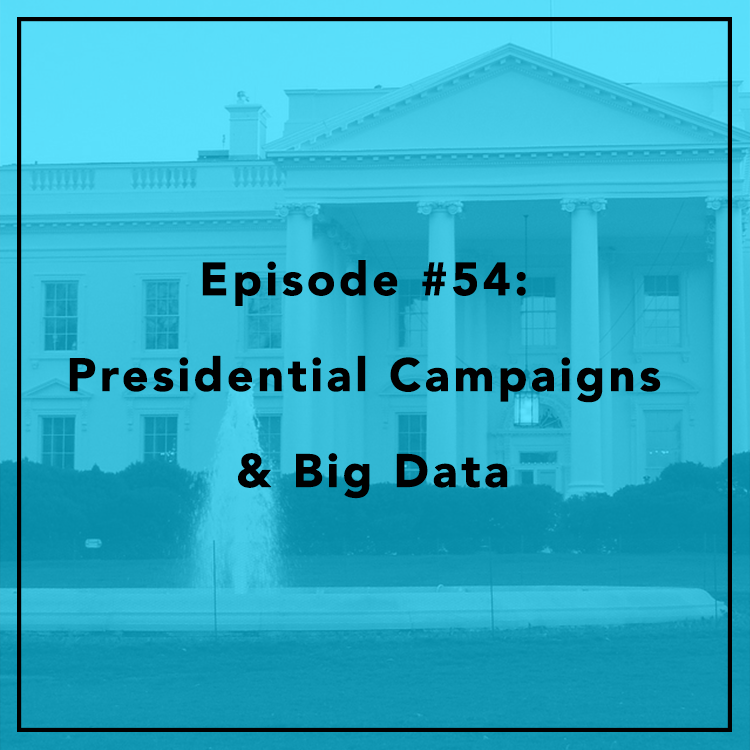
Tuesday Apr 05, 2016
#54: Presidential Campaigns & Big Data
Tuesday Apr 05, 2016
Tuesday Apr 05, 2016
How much do the presidential campaigns know about you? Most Americans are probably aware that tech companies and intelligence agencies collect their personal information — albeit for very different reasons. But perhaps less known are the data collection practices of the 2016 campaigns. Evan is joined by TechFreedom intern Ashley Holmes, a graduate student at George Washington University studying global communication. They discuss Big Data in the elections, what the campaigns want with it, and what it means for tech policy.

Friday Apr 01, 2016
#53: Don't F@*# With My Call of Duty
Friday Apr 01, 2016
Friday Apr 01, 2016
Is the FCC f***ing with your Call of Duty? Could strict net neutrality regulation make online video gaming worse? The FCC's Title II reclassification of broadband included a blanket ban on paid prioritization of Internet traffic, even if done at the request of the user. Net neutrality activists called that a win for consumers, but prioritization could improve lag-sensitive services like online gaming, live-streamed sports, and video chatting. Evan is joined by Tom Struble, TechFreedom’s Policy Counsel. They discuss the FCC’s impact on video games and the treatment of Internet traffic. Are all bits created equal?

Wednesday Mar 30, 2016
#52: Regulating Airbnb
Wednesday Mar 30, 2016
Wednesday Mar 30, 2016
How friendly is your city to short-term rentals? As Airbnb, Home Away, and other home-sharing platforms grow in popularity, they run into a hodgepodge of local regulations that differ, sometimes even by zip code. Evan is joined by Andrew Moylan, Senior Fellow at the R Street Institute. They discuss Roomscore.org, a new website that grades cities on their home-sharing regulations.
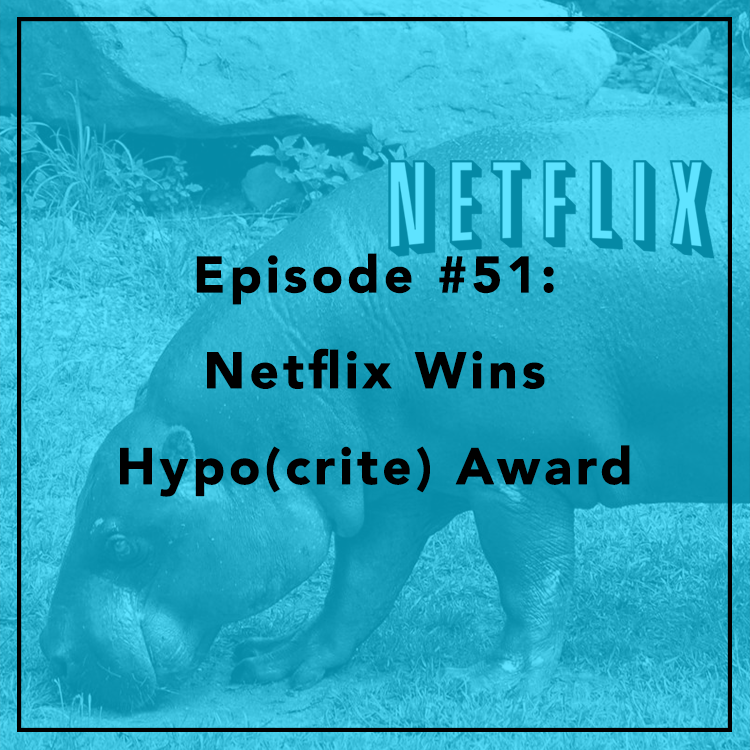
Tuesday Mar 29, 2016
#51: Netflix Wins Hypo(crite) Award
Tuesday Mar 29, 2016
Tuesday Mar 29, 2016
Last week, Netflix copped to deliberately downgrading its video quality for AT&T and Verizon customers for the past five years -- without telling anyone. While the throttling isn't a net neutrality violation per se, since Netflix is not a broadband provider, it looks pretty hypocritical given the company's heated, absolutist rhetoric on the treatment of Internet traffic. It certainly poses serious concerns for transparency, and anti-competitiveness, since Netflix spared T-Mobile and Sprint customers from its throttling. Evan and Berin discuss the "mea culpa," its impact on net neutrality, and whether Netflix committed deception under FTC law by lying to its customers. For more, see Berin's post on Medium.
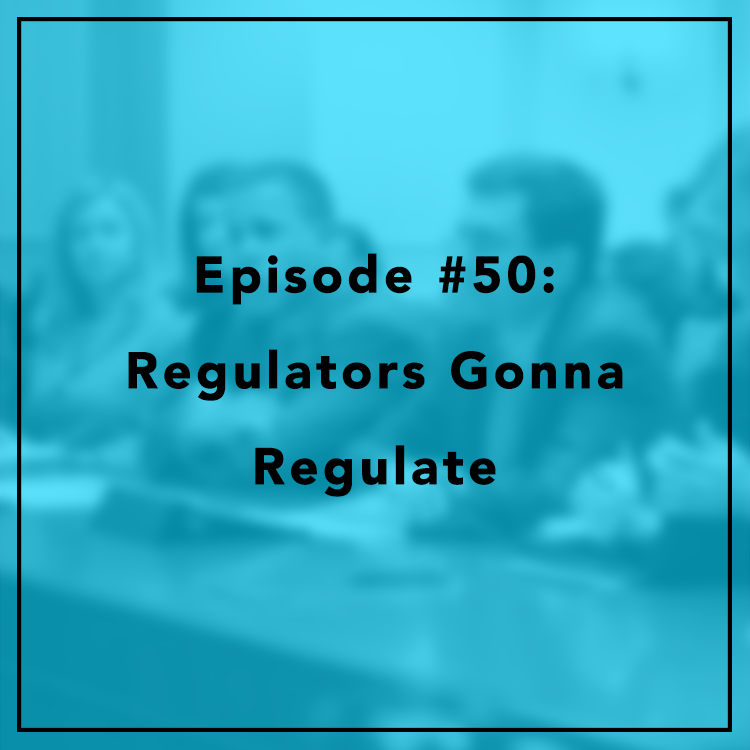
Monday Mar 28, 2016
#50: Regulators Gonna Regulate
Monday Mar 28, 2016
Monday Mar 28, 2016
You may not know much about the most important agency in Washington when it comes to regulating new technologies. The Federal Trade Commission, or FTC for short, is for better or worse, becoming the Federal Technology Commission. This week, FTC Commissioner Julie Brill resigned, leaving a second seat for Congress to fill. What does a second vacancy mean for the agency? Can the agency protect consumers without stifling innovation? Evan and Berin discuss the FTC’s past, present, and future. For more, see Berin’s post on Medium.

Thursday Mar 24, 2016
#49: Apple v FBI- On Hold... For Now
Thursday Mar 24, 2016
Thursday Mar 24, 2016
Apple’s battle with the FBI in California is on hold for now, but the battle is far from over. This week, a federal magistrate postponed a court hearing on the case scheduled for Tuesday. Initially, the FBI had asked Apple to help it unlock the iPhone of Syed Farook, one of the San Bernardino shooters. But now, the agency is saying it found an “outside party,” rumored to be an Israeli cybersecurity firm, to help unlock the phone. What does this mean for the ongoing debate over tech companies’ cooperation with law enforcement? Evan and Berin discuss. For more, see Berin’s post on Medium.
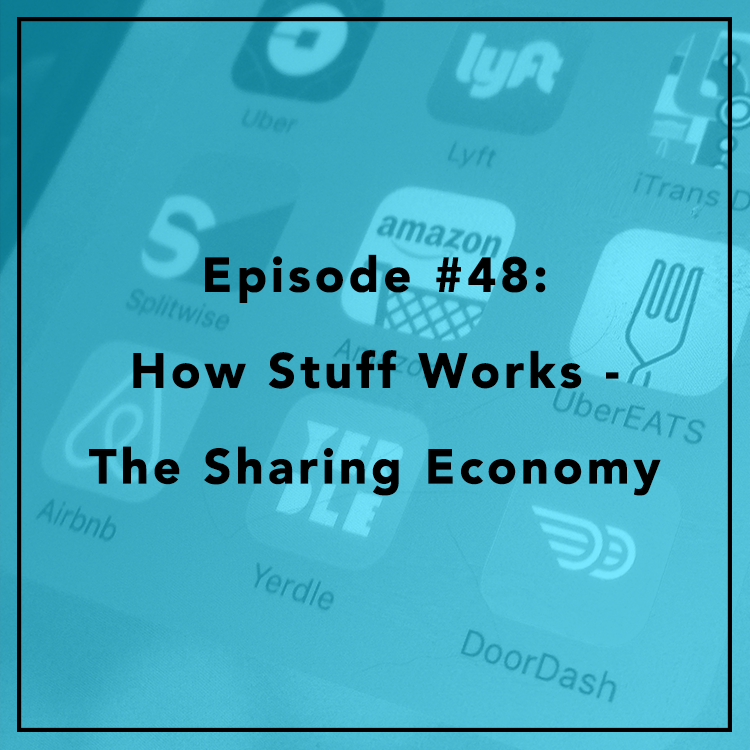
Wednesday Mar 23, 2016
#48: How Stuff Works - The Sharing Economy
Wednesday Mar 23, 2016
Wednesday Mar 23, 2016
What exactly is the “sharing economy?” Regulatory battles with Uber and Airbnb make for flashy headlines, but how much do we know about the sharing economy as a whole? Is the term even accurate? Should we be calling it the “gig economy” instead? Evan is joined by Will Rinehart, Director of Technology and Innovation Policy at American Action Forum. They discuss the history of the gig economy, whether it’s really “on the rise,” and what makes Uber and Airbnb different from Etsy and Ebay.
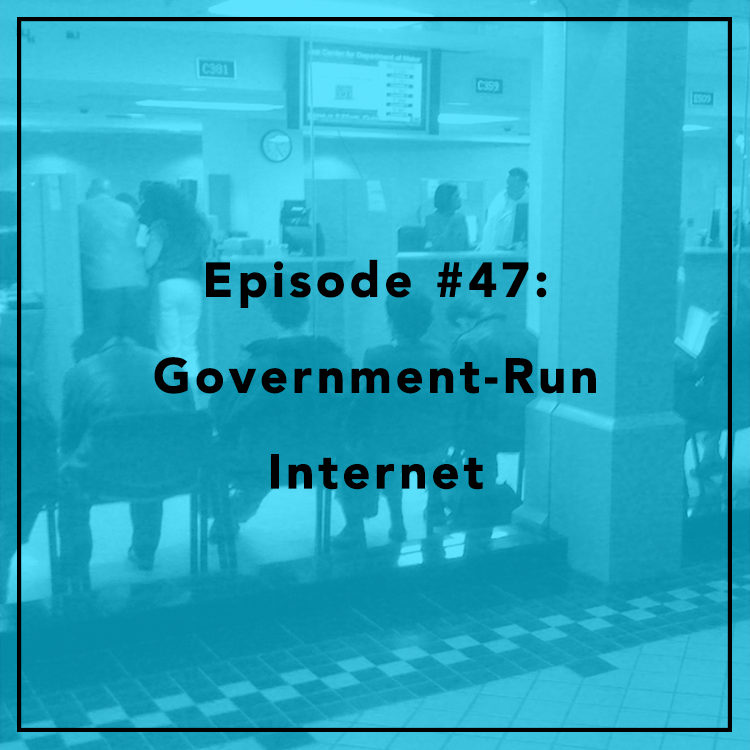
Tuesday Mar 22, 2016
#47: Government-Run Internet
Tuesday Mar 22, 2016
Tuesday Mar 22, 2016
As cities like Chattanooga, TN and Wilson, NC look to expand government-owned broadband networks (GONs) beyond their borders, they’re running into state laws that authorize, but restrict, GONs. How much control should states have over these networks? The FCC says it can overturn specific provisions of state broadband laws under its Section 706 authority to “promote broadband deployment.” But does the FCC actually have this power? Is the agency trampling on states’ rights? That’s what the Sixth Circuit will decide as North Carolina and Tennessee do battle with the FCC in Cincinnati. Evan and Berin discuss the case and what it means for GONs nationwide. Should government even be in the broadband business? Berin briefly (no, really) summarizes the case on the Tech Policy Corner, and provides a full legal writeup, too.
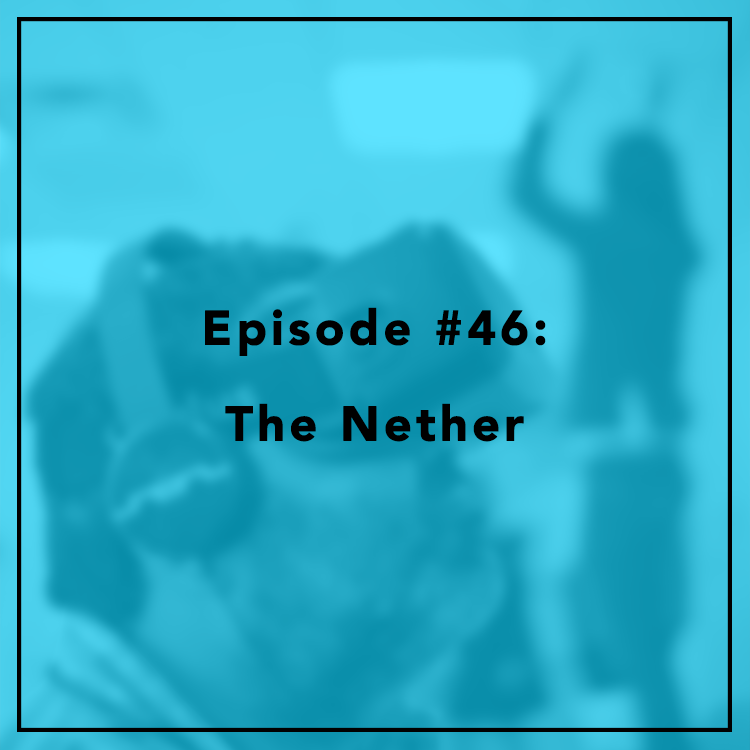
Monday Mar 21, 2016
#46: The Nether
Monday Mar 21, 2016
Monday Mar 21, 2016
In the future, what will the Internet look like? One playwright imagines The NETHER: a network of virtual reality realms that allow users to log in and indulge in their deepest, darkest desires. These immersive, sensory experiences include behavior that, in the real world, is almost universally regarded as repugnant and illegal. Could virtual reality create an outlet for people to blow off steam? Or will anonymous, virtual behavior only encourage users to engage in the real thing? Evan is joined by Jennifer Haley, playwright for The NETHER. They discuss the play and the tough questions it poses to viewers and tech policymakers.The show’s DC premiere is April 4th. You can buy tickets here.
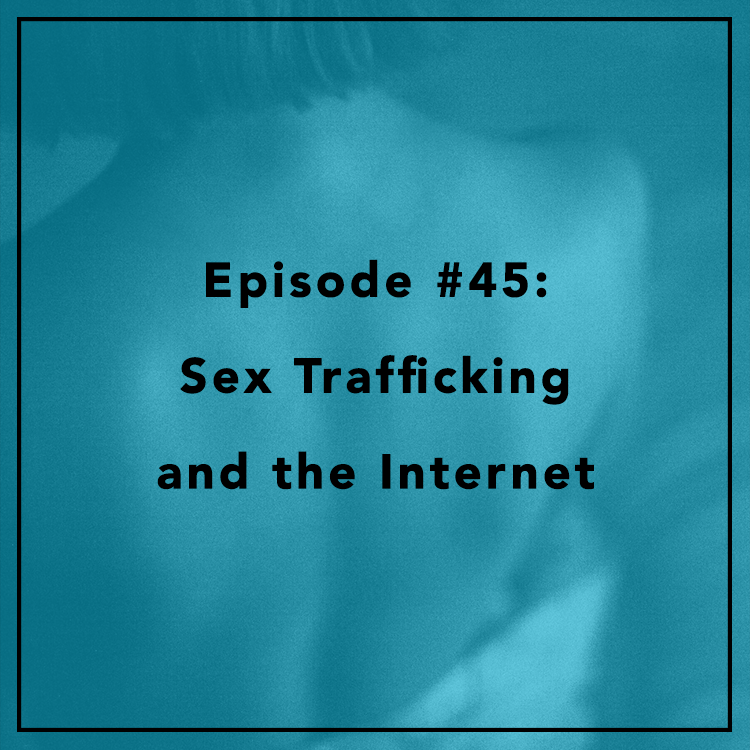
Friday Mar 18, 2016
#45: Sex Trafficking and the Internet
Friday Mar 18, 2016
Friday Mar 18, 2016
Backpage, the second largest classified ads website after Craigslist, has been embroiled in controversy and legal battles over allegations that its “adult” section facilitates sex trafficking and prostitution. Just yesterday, the Senate voted unanimously to hold Backpage in contempt for not cooperating with a committee’s months-long investigation into sex trafficking. Evan is joined by Randal Meyer, a legal associate at the Cato Institute, which filed a brief in Backpage.com v. Dart. They discuss Backpage’s legal woes and the Internet’s impact on sex trafficking. Can Backpage actually be a friend to law enforcement — not an enemy?

